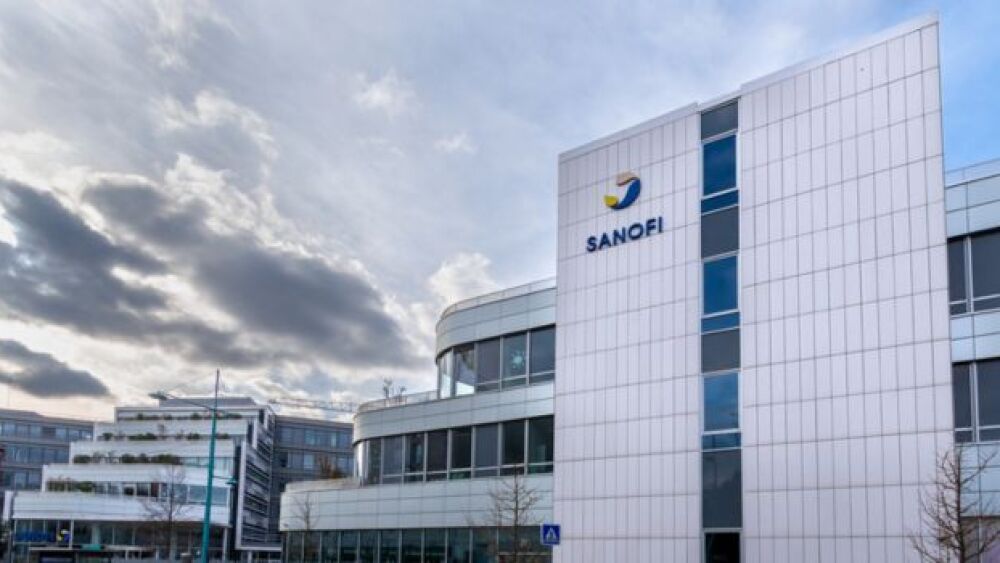Following the regulator’s administrative complaint and threat of a lawsuit in federal court, Sanofi has decided to terminate its licensing deal with Maze Therapeutics to avoid a long litigation process.
Pictured: Exterior view of Sanofi office in Gentilly, France/iStock, HJBC
Sanofi on Monday announced it is abandoning a proposed licensing agreement with California biotech Maze Therapeutics, targeting the rare, genetic and often fatal disorder Pompe disease, in response to an FTC administrative complaint and authorization for a lawsuit in federal court.
The deal’s termination follows the FTC’s challenge, filed earlier Monday, seeking to block the transaction on antitrust grounds. According to the regulator, the licensing agreement between Maze and Sanofi would “eliminate a nascent competitor” to Sanofi’s Pompe disease treatments Lumizyme (alglucosidase alfa) and Nexviazyme (avalglucosidase alfa-ngpt)—and would ultimately preserve Sanofi’s monopoly in the therapeutic space.
The agreement, which involves Maze’s glycogen synthase 1 inhibitor MZE001, would deny patients and doctors access to more affordable Pompe treatments as well as curtail innovation and competition to develop new drugs, the FTC contends.
Nate Soderstrom, acting deputy director of the FTC’s Bureau of Competition, said in a statement that “Sanofi’s acquisition of Maze’s Pompe disease drug threatens to deprive patients of a new, innovative treatment and maintain a status quo of exorbitant pricing for essential life-saving medicines.”
Sanofi in a Monday statement said that it was “disappointed” by the FTC’s decision to block the Maze deal, adding that it disagrees with the regulator’s assertions. The pharma argued that the FTC’s actions would delay advancements that could potentially yield beneficial treatments for Pompe patients.
“The delay associated with a long litigation has led Sanofi to conclude that it would not be in the best interests of patients to contest this litigation and Sanofi will therefore be terminating the agreement with Maze in accordance with its terms,” the company said in its announcement.
Pompe disease is a rare genetic disorder that arises from mutations in the gene encoding for the acid alpha-glucosidase (GAA) enzyme. Under normal conditions, GAA works to break down glycogen polymers into its smaller glucose components. Dysfunctional activity of this enzyme leads to the toxic accumulation of glycogen in the muscles, triggering the hallmark symptoms of Pompe, such as heart defects and severe and progressive muscle weakness.
Sanofi sought to address the underlying cause of Pompe with the Maze partnership in May 2023, for which the pharma paid $150 million upfront and pledged up to $600 million in milestones. At the center of the deal was MZE001, Maze’s lead asset—an oral inhibitor of the GYS1 protein—which is a central player in the production of glycogen.
The company has two FDA approved therapies for Pompe. The first, Lumizyme, was approved by the FDA in 2010 and joined Sanofi’s fold when it bought Genzyme in 2011. The second, Nexviazyme, was approved in August 2021. While MZE001 is a twice-daily oral tablet, Lumizyme and Nexviazyme are administered via lengthy biweekly intravenous infusions.
Tristan Manalac is an independent science writer based in Metro Manila, Philippines. He can be reached at tristan@tristanmanalac.com or tristan.manalac@biospace.com.






